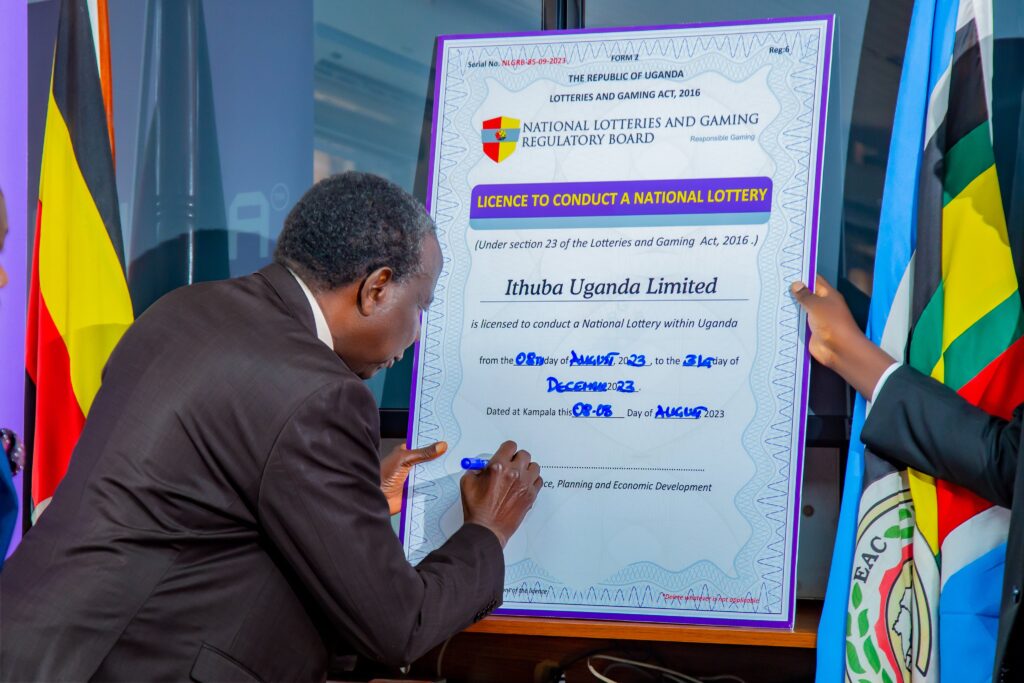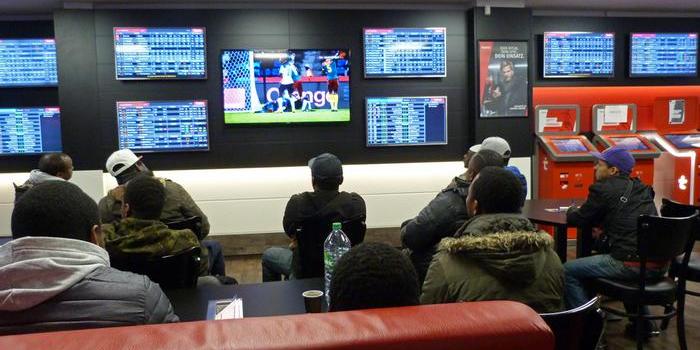Botswana is a landlocked country in southern Africa with a landscape defined by the Kalahari Desert and Okavango Delta with a small population of 2.3 million, the country was annexed by Great Britain in 1885 and remained a colony until 1966. On the 30th of September of that year, the first general elections took place and marked the establishment of the Republic of Botswana. The country’s gaming industry is famously known for its brick-and-mortar casinos. Most of them are housed by hotels or resorts making them a popular destination for both locals and tourists.
Casinos
Most casinos open for 24 hours while others open for limited hours. Common casino games just like in most casinos worldwide are blackjack, bingo, Baccarat, Roulette, poker, and slot machines. Plus, almost every casino in Botswana offers live poker games. Casinos in Botswana are majorly clustered in two popular towns–Gaborone and Francistown. Gaborone Sun Hotel and Casino is the largest casino found in Botswana. It is located within the Grand Palm Hotel Casino Convection resort with its doors open 24/7.
The Sediment and CrestaThapama Hotel is a renowned casino located in Francistown. The casino is open for a limited time—11 am to 2 am. Other licensed physical-based casinos include Syringa Casino, King’s CasinoMarang Hotel and Casino, Moonlite Casino, Menateng Casino, Sedibeng Casino, and Letsatsi Casino. Sun International Group ran most of these casinos.
Regulation
The industry is regulated by the Gambling Authority which exists as an entity under the Ministry of Investment, Trade, and Industry (MITI). According to the Gambling Authority of Botswana, the industry will have a strong external focus with a market that is largely outside Botswana’s borders by the year 2036. The authority affirms that this will be realized through an economy that is diversified, competitive, and private-sector-led, with sustainable business opportunities. This intent is further supported by the National Development Plan 11 which aligns with the national vision and commits to developing diversified sources of economic growth as one of the priority areas in the long term. Vision 2036 aims to transform Botswana from an upper-middle-income country to a high-income country within the next 15 years. This Vision identifies the following four key Pillars as the foundation of the principles it espouses: Sustainable Economic Development, Human and Social Development, Sustainable Environment, and Governance, Peace, and Security.
The Ministry of Investment, Trade, and Industry contributes to the Vision 2036 pillar ‘Prosperity for All’ and the NDP 11 ‘Economy and Employment’ thematic area. Therefore the Ministry drives policy formulation and strategies that seek to diversify the national economy through the creation of a conducive business environment, and diversified industries in addition to creating sustainable employment for Batswana by facilitating domestic and foreign direct investments. The Ministry also promotes the development of an entrepreneurial culture. These priority areas seek to address key national challenges such as poverty, unemployment, income inequality, and slow economic growth. Given the fact that the Authority is a regulator, its role in this transformation agenda is effectively facilitating the growth of the gaming industry. A position that was endorsed by both the NSO and the MITI.
Sports betting opportunity
As mentioned earlier the industry is occupied mainly by brick-and-mortar casinos with a few betting companies and the majority of international online sportsbooks that avail their offerings to this country meaning regardless of their population being small it’s a sweet heaven for small sportsbooks that would like to expand into Africa as a starting nest. Less investment reasonable business opportunity
By Najib Balinda attributed to the Gambling Authority of Botswana



